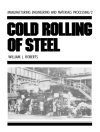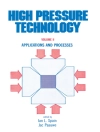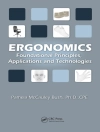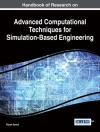Fundamental Aspects of Dislocation Interactions: Low-Energy Dislocation Structures III covers the papers presented at a European Research Conference on Plasticity of Materials-Fundamental Aspects of Dislocation Interactions: Low-Energy Dislocation Structures III, held on August 30-September 4, 1992 in Ascona, Switzerland. The book focuses on the processes, technologies, reactions, transformations, and approaches involved in dislocation interactions. The selection first offers information on work softening and Hall-Petch hardening in extruded mechanically alloyed alloys and dynamic origin of dislocation structures in deformed solids. Discussions focus on stress-strain behavior in relation to composition, structure, and annealing; comparison of stress-strain curves with work softening theory; sweeping and trapping mechanism; and model of dipolar wall structure formation. The text then ponders on plastic instabilities and their relation to fracture and dislocation and kink dynamics in f.c.c. metals studied by mechanical spectroscopy. The book takes a look at misfit dislocation generation mechanisms in heterostructures and evolution of dislocation structure on the interfaces associated with diffusionless phase transitions. Discussions focus on dislocation representation of a wall of elastic domains; equation of equilibrium of an elastic domain; transformation of dislocations; and theoretical and experimental background. The selection is a valuable reference for readers interested in dislocation interactions.
H. A. Calderon & G. Kostorz
Fundamental Aspects of Dislocation Interactions [EPUB ebook]
Low-Energy Dislocation Structures III
Fundamental Aspects of Dislocation Interactions [EPUB ebook]
Low-Energy Dislocation Structures III
Dieses Ebook kaufen – und ein weitere GRATIS erhalten!
Sprache Englisch ● Format EPUB ● ISBN 9781483274928 ● Herausgeber H. A. Calderon & G. Kostorz ● Verlag Elsevier Science ● Erscheinungsjahr 2013 ● herunterladbar 6 mal ● Währung EUR ● ID 5735709 ● Kopierschutz Adobe DRM
erfordert DRM-fähige Lesetechnologie












